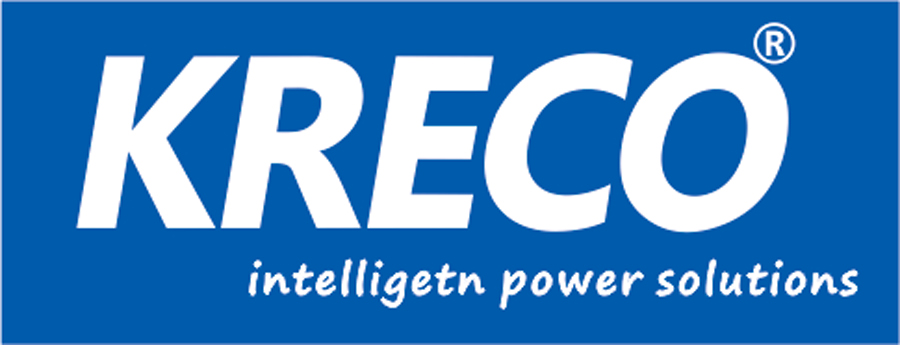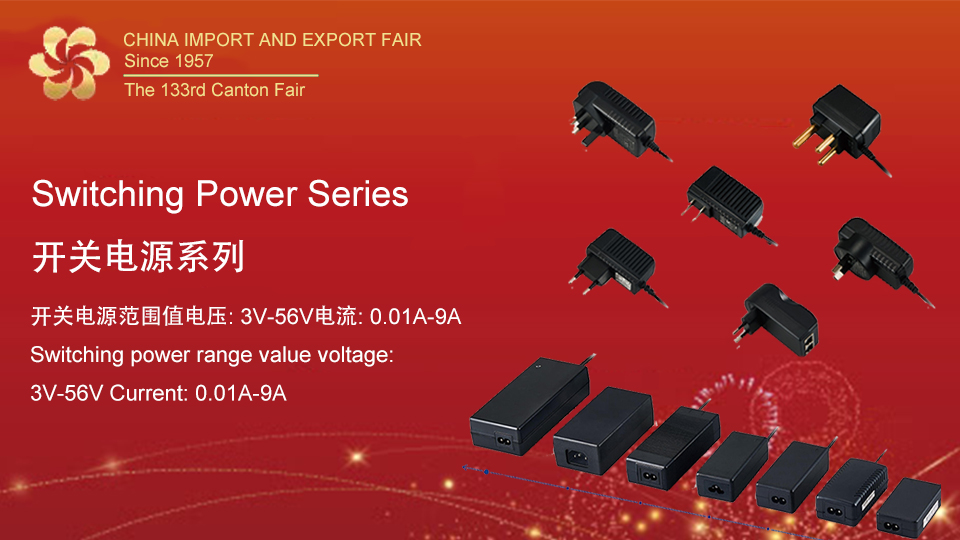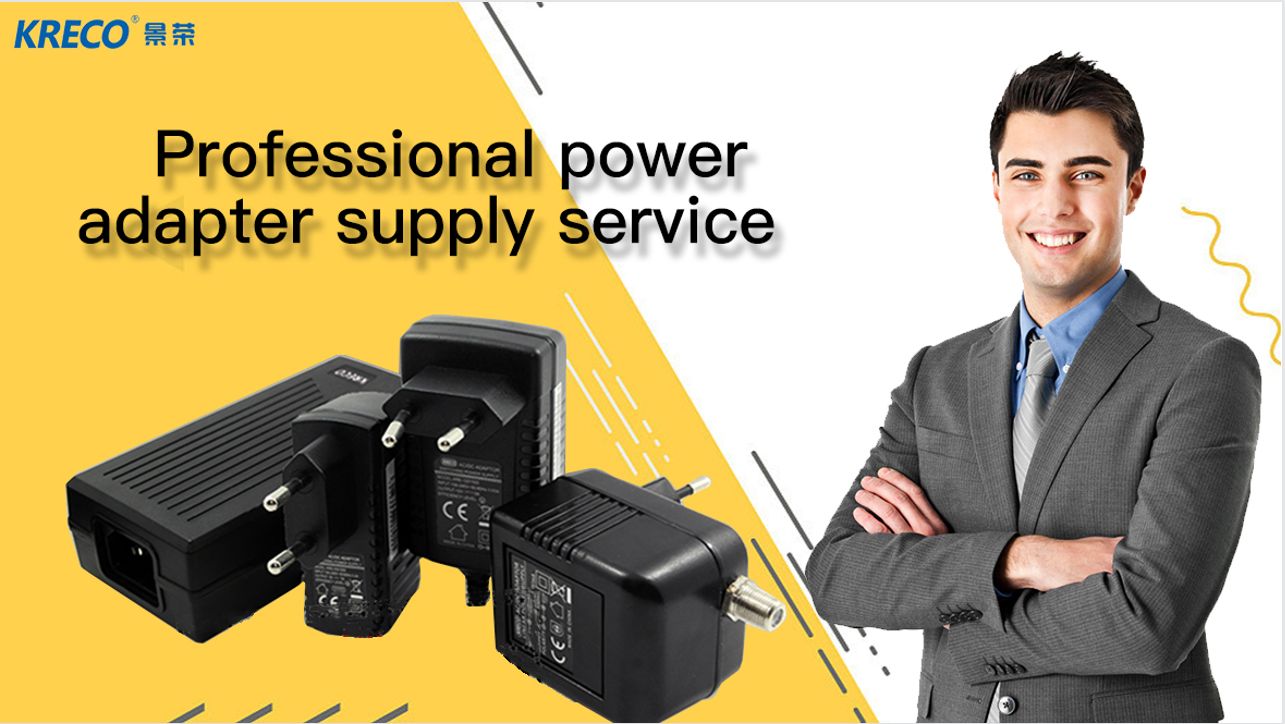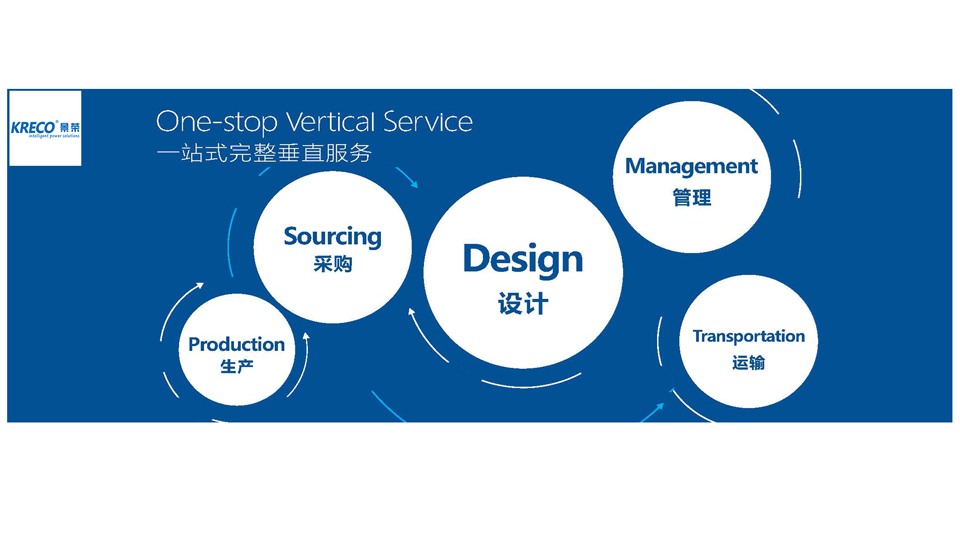3 steps full automatic Battery Charger, Professional Lead-acid Battery Charger. Smart High-Frequency Charger, present the latest Technology of Battery Charger industry. CE RoHS FCC marked!
.jpg) Constant Current Charger Phase:
Constant Current Charger Phase:
Charging with constant current, charged capacity increase rapidly, battery volt increase.
Constant Voltage Charger Phase:
Charging with constant voltage is, charged capacity keep increasing, battery voltage increase slowly, charging current reduce.
Battery full-charged:
Charging current reducing and lower than Floating Charge Switch Current, charging voltage reducing to Floating Charge Voltage.
Floating Charge Phase:
Keep charging with Floating Charge Voltage.
6 steps full automatic Battery Charger, Professional Lead-acid Battery Charger. Smart High-Frequency Charger, present the latest Technology of Battery Charger industry. IP65, CE RoHS FCC marked!
.jpg) Step 1 DESULPHATION
Step 1 DESULPHATION
Detects sulphated batteries. Pulsing current and voltage, removes sulphate from the lead plates of the battery restoring the battery capacity.
Step 2 BULK
Charging with maximum current until approximately 80% battery capacity.
Step 3 ABSORPTION
Charging with maximum current to maximize up to 100% battery capacity.
Step 4 ANALYSE
Tests if the battery can hold charge. Batteries that can not hold charge may need to be replaced.
Step 5 FLOAT
Maintaining the battery voltage at maximum level by providing a constant voltage charge.
Step 6 PULSE
Maintaining the battery at 95-100% capacity. The charger monitors the battery voltage and gives a pulse when necessary to keep the battery fully charged.
8 steps full automatic Battery Charger, Professional Lead-acid Battery Charger. Smart High-Frequency Charger, present the latest Technology of Battery Charger industry. IP44/65, CE RoHS FCC marked!
.jpg) Step 1 DESULPHATION
Step 1 DESULPHATION
Detects sulphated batteries. Pulsing current and voltage, removes sulphate from the lead plates of the battery restoring the battery capacity.
Step 2 SOFT START
Tests if the battery can accept charge. This step prevents that charging proceeds with a defect battery.
Step 3 BULK
Charging with maximum current until approximately 80% battery capacity.
Step 4 ABSORPTION
Charging with maximum current to maximize up to 100% battery capacity.
Step 5 ANALYSE
Tests if the battery can hold charge. Batteries that can not hold charge may need to be relaced.
Step 6 RECOND
Choose the Recond program to add the Recond step to the charging process. During the Recond step voltage increases to crete controlled gasing in the battery. Gasing mixes the battery acid and gives back energy to the battery.
Step 7 FLOAT
Maintaining the battery voltage at maximum level by providing a constant voltage charge.
Step 8 PULSE
Maintaining the battery at 95-100% capacity. The charger monitors the battery voltage and gives a pulse when necessary to keep the battery fully charged.


















.jpg)
.jpg)
.jpg)
.jpg)